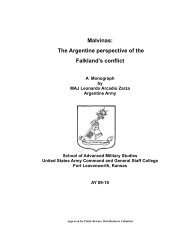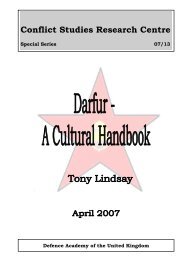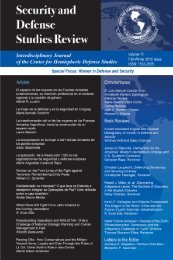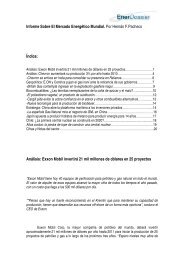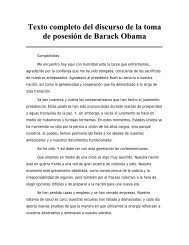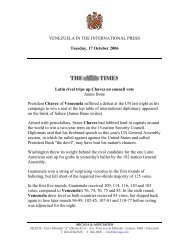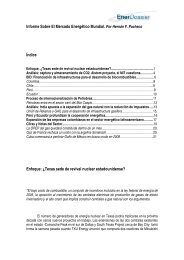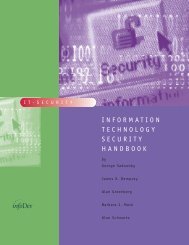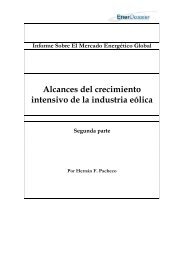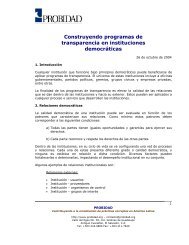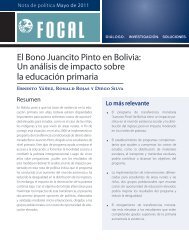Security and Defense Studies Review - Offnews.info
Security and Defense Studies Review - Offnews.info
Security and Defense Studies Review - Offnews.info
You also want an ePaper? Increase the reach of your titles
YUMPU automatically turns print PDFs into web optimized ePapers that Google loves.
<strong>and</strong> schismatic Bulgarians. By that time military chaplains in the crusader army were playing keyroles, with the high morale of troops engaged in the 1204 siege of Constantinople attributed in partto the vigorous labors of the priests. 24The English Civil War resulted in two views of the duty of military chaplains being in conflict witheach other, reflecting the larger questions of the struggle: Royalist chaplains held that the monarchwas owed absolute obedience, while parliamentary chaplains held it was right to disobey the king. Inthe English wars of the mid-17 th century the press was an important part in the efforts of both sides towin hearts <strong>and</strong> minds, <strong>and</strong> chaplains served both as grist for the overall propag<strong>and</strong>a effort as well asan extension of each side’s own attempts to persuade <strong>and</strong> maintain loyalties. Chaplains who servedthe Parliament’s cause “frequently asserted the special place that the Parliament’s army held in God’seyes.” They were given the task of controlling “the spread of heterodox religious views among thesoldiers in the interests of military discipline, a task that became harder as high-ranking officers …joined the common soldiers <strong>and</strong> noncommissioned officers who preached.” As the fighting continued,“larger political claims were made for the Parliamentary army, often by chaplains. The substance ofthe chaplains’ political message derived from the idea that God had chosen the Parliament’s army.”The concern about heterodoxy—viewed as corrosive of ideological purity—was seen as a danger thatcame from lay preachers rather than the chaplains. Nonetheless, the latter were painted as extremistsin what one observer called “exceptionally bad press.” In the Wars of the Three Kingdoms (Irel<strong>and</strong>,Scotl<strong>and</strong> <strong>and</strong> Engl<strong>and</strong>):Chaplains’ appointments reflected the political concerns of Parliament. Early in the war, thearmy comm<strong>and</strong> required chaplains who could explain to the troops why it was right to fight <strong>and</strong>kill their neighbors <strong>and</strong> disobey their kind. Later, within the Parliament’s army, chaplains had tocombat the spread of religious heterodoxy lest the religious justification for war be undermined.In Irel<strong>and</strong> <strong>and</strong> Scotl<strong>and</strong>, it was much easier to characterize the enemy as “other.”In Irel<strong>and</strong>, chaplains who formed part of the English expeditionary force “were never independentof the English government’s desire to promote Protestantism. … Well over half of the chaplains ofthe expeditionary force <strong>and</strong> army of occupation stayed on to further the government’s policy ofsupplying the country with a godly (that is, Protestant) ministry whose chief task was to keep thesettlers Protestant rather than to convert Irish Catholics.” However, in Scotl<strong>and</strong>, the English’s coreligionistsonly casus belli divergence was support for the monarchy. Thus, “Chaplains to Englishforces … were not engaged in a mission, as those in Irel<strong>and</strong> were, but in servicing a field armywhich was transformed into an army of occupation. No attempt was made to alter Scots’ religioussensibilities.” What restraint there was, albeit attenuated over time, during the civil wars was attributedby commentators of the period as due to the influence of religion on the troops’ conduct, although “ifthe enemy was, or could be, construed as being Roman Catholic, a greater degree of violence wasbelieved to be justifiable, violence supported by chaplains who identified the enemy with the enemiesof God.” The different approaches being linked to chaplaincy appointments evidenced “a high degreeof ideological pragmatism.” 25 In the North American British colonies, a chaplain’s religion almostalways reflected that of his uniformed spiritual wards as they came from the same towns <strong>and</strong> villages.In the 18 th <strong>and</strong> 19 th centuries European chaplains fully reflected trends towards nationalism,nation-building <strong>and</strong> imperialism, their work essential to maintaining morale <strong>and</strong> engagement incombat at a time when limited state resources lagged behind the armies’ growing size. In the caseof Prussian/German chaplains, as early as the beginning of the 18 th century a deal cut between KingFrederick William I <strong>and</strong> August Hermann Francke meant that, for a time “The king gained a steadysupply of reliable, morale-boosting chaplains.” At the same time, the pietists gained “an eager <strong>and</strong>often desperately receptive audience among soldiers for its message of salvation <strong>and</strong> renewal,” adeal that eventually went sour when “nationalistic rhetoric had defeated theological reflection.” At24Bachrach, op. cit, pp. 74, 75, 83.25Anne Lawrence, “Did the Nature of the Enemy Make a Difference?” in Bergen, op. cit, pp. 93, 95-96, 97-101.120<strong>Security</strong> <strong>and</strong> <strong>Defense</strong> <strong>Studies</strong> <strong>Review</strong> 2009/Edición 2009/ Edicão 2009/ Volume 9, Issues 1 & 2



